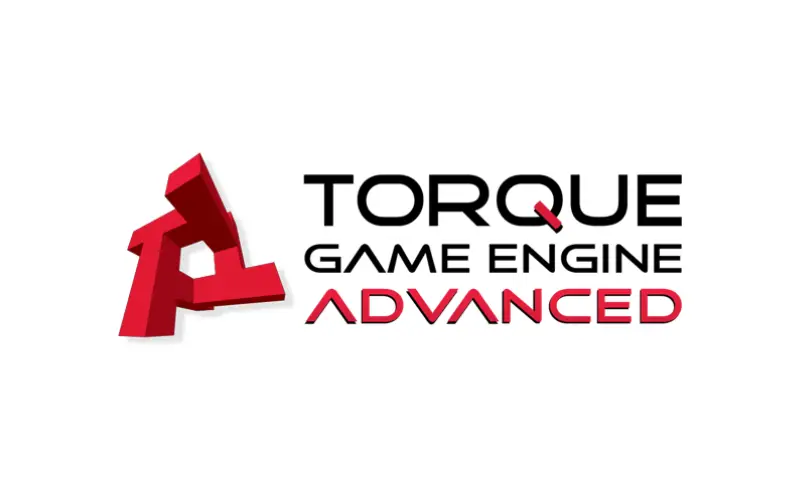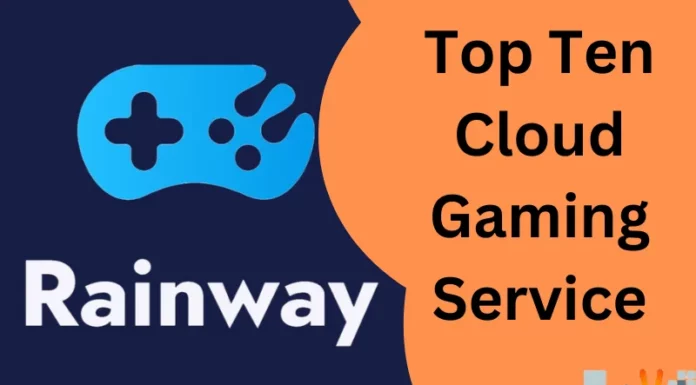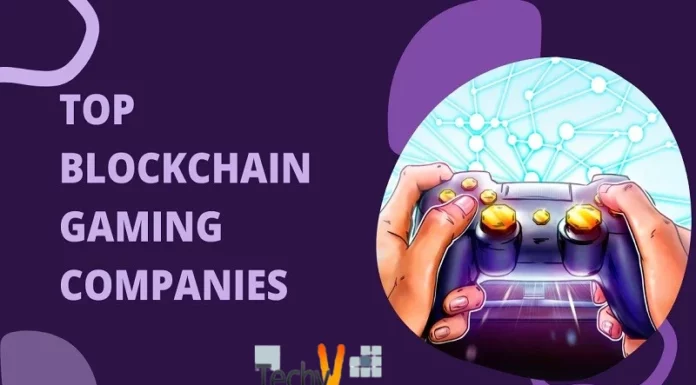We all like to play games, but have you ever considered how these games are built? These games are built with the help of software known as a game engine. This software is responsible for designing, building, and implementing these games in various mechanics. The software works with the smallest part of the game, the element. These elements can constitute the game’s graphics, rendering, physics and AI. Game Engine has built-in libraries for a smooth production process. They are the foundation of the games by handling the complexities of game mechanics to provide immersive experiences. Using a game engine dramatically reduces the time and effort for development.
1. Unity
Unity is one of the most versatile game engines supporting Cross-platform game development. It is the professional choice for the big game studios in the industry. Its interface is straight forward, user friendly making it easier for beginners. It supports 2D and 3D game development libraries along with new AR VR technologies introduced.

2. Unreal Engine
Epic Games created one of the best game engines that can create photo-realistic graphics and visuals. It is free software to start learning with game engines but is paid for commercial projects. It is a blind choice for high-end game development. Its visual scripting feature reduces the coding time for creative experience.

3. Godot
Godot is an open-source game engine that allows you to create stunning game visuals, simulations, techniques, physics, etc., with an immersive experience. It offers 2D and 3D game development, making it suitable for indie game developers. Its unique hierarchy system and built-in animation tools help designers to create amazing games.
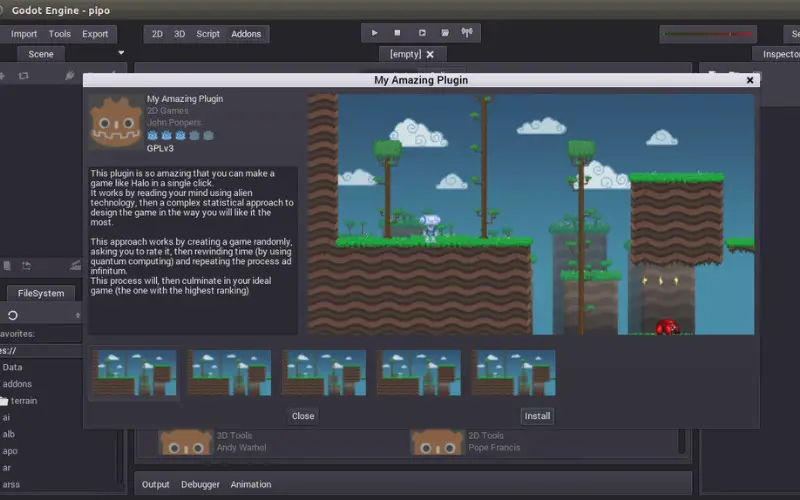
4. CryEngine
Cryengine is famous for its realistic photo visual rendering, and it is a power fool tool to create visually stunning games. Its speciality is outdoor rendering, lie the outside terrain and environment. It has advanced lightning and physics for the physics for the gaming system. This game engine was mainly developed for the FarCry game, but later, its is made public for developers to work with.
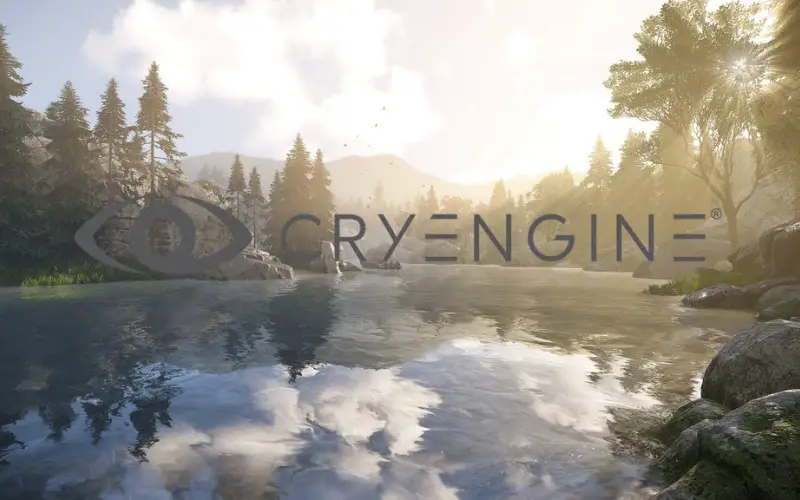
5. GameMaker Studio
GameMaker Studio was released in 1999 by Makeovermars after Yoyo Games bought it later to create 2D games. Its user interface is so simple that even a non-coder can develop 2D games with the help of drag-and-drop features with a scripting language. All its features make it an ideal choice for the noncoder community of game developers.
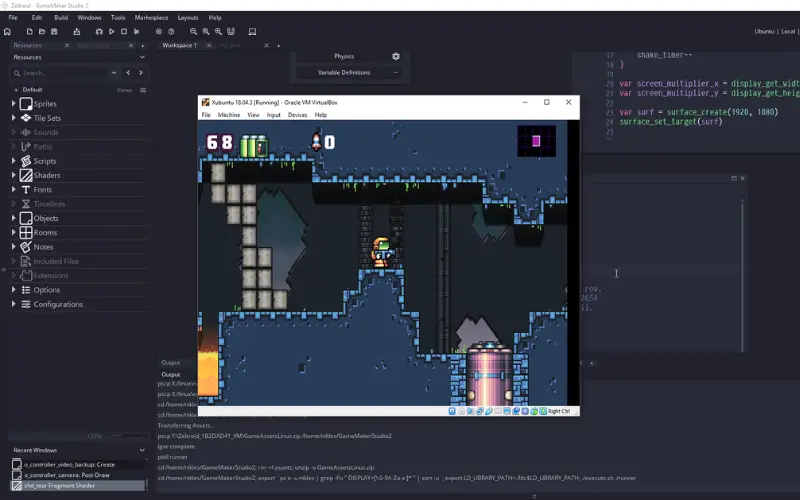
6. Source Engine
Source engine is a famous game engine from the early days of game development. It powered some famous games like Half-life 2 and Counter-Strike. It allows developers to create a mod for the games with tools provided engine itself. It is a perfect choice for the scalable and flexible game engine for the indie game developer.
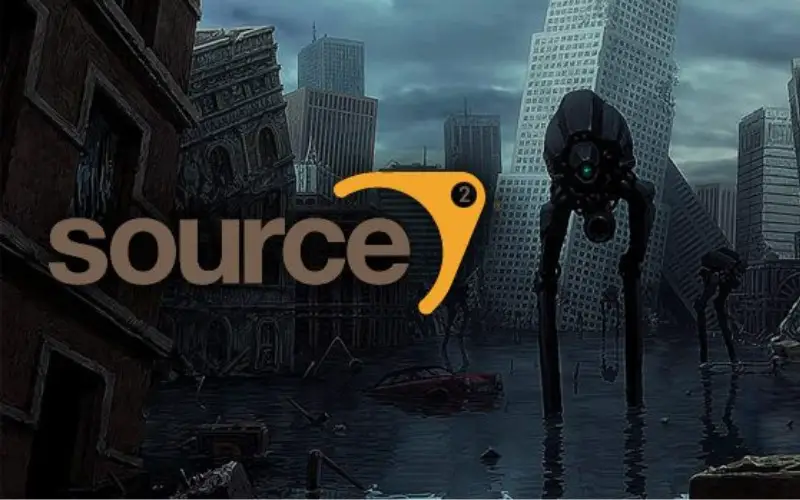
7. Lumberyard
Amazon also entered the game development industry by launching its engine, Lumberyard. It integrates Twitch and Amazon web services, perfect for multiplayer games. It provides tools to develop game elements with huge worlds, multiplayer features and high-quality visuals powered by cloud computing. It is royalty-free software means it dont charge for any project you create.
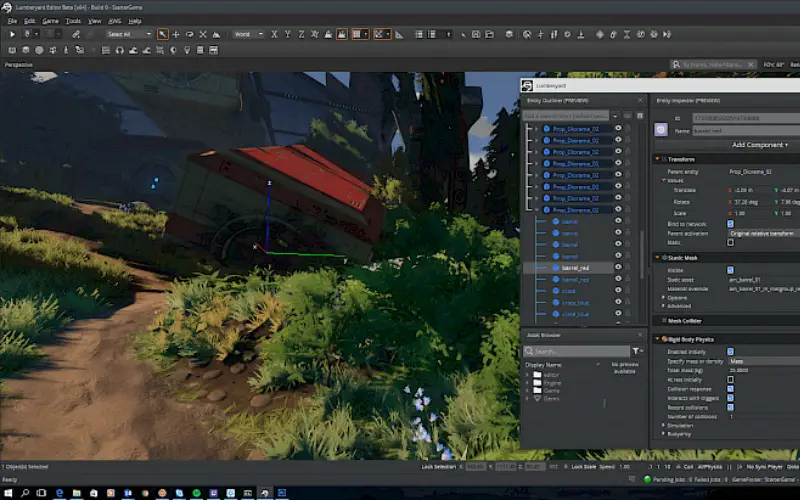
8. RPG Maker
Regarding role-play games, RPG maker is number one in the line. It is specially designed for the developer of the RPG games. It offers the library and assets for the building of the RPG games. It efficiently manages the complexities of the RPG game with the cut scene and dialogue delivery. All these features help developers focus on game design and storytelling without worries.
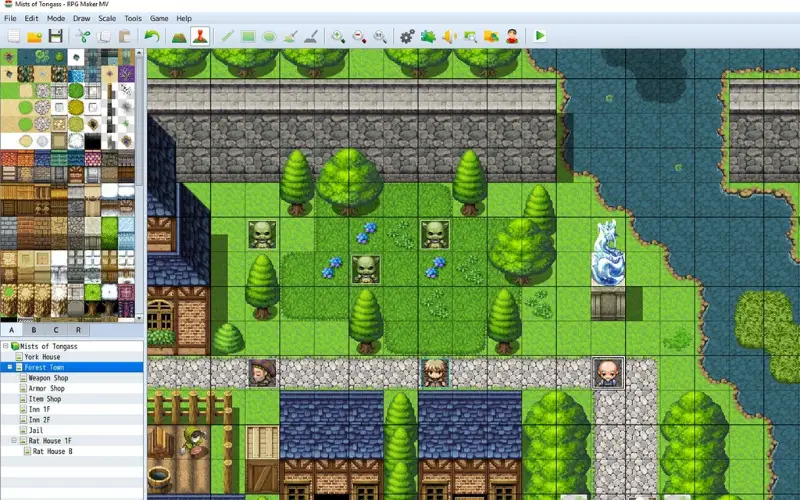
9. Construct
Construct 3 is a game development engine known for visual scripting, empowering designers to create interactive 2D games with quick prototyping techniques. It also supports drag-and-drop functionality to create games. This game engine is the cornerstone for the industries to push their limit to explore what technology offers in-game industries.
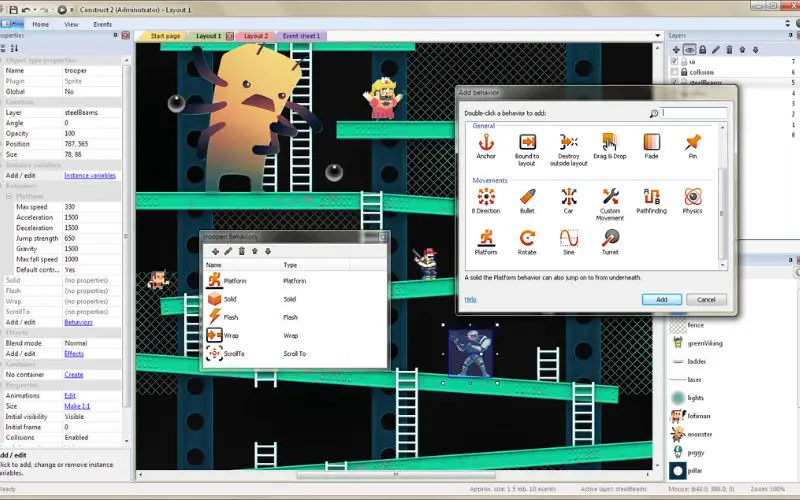
10. Torque
Torque is a game engine Developed by Garage Games. It is supported by torque 3d and torque 2d. It supports building 2D and 3D games with its stunning visual abilities and user interface, making it the first choice for indie game developers. It helps young budding developers explore their creativity by providing the necessary infrastructure to handle graphics, physics and more.
